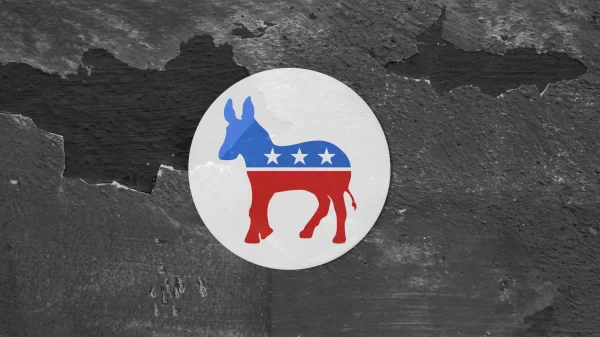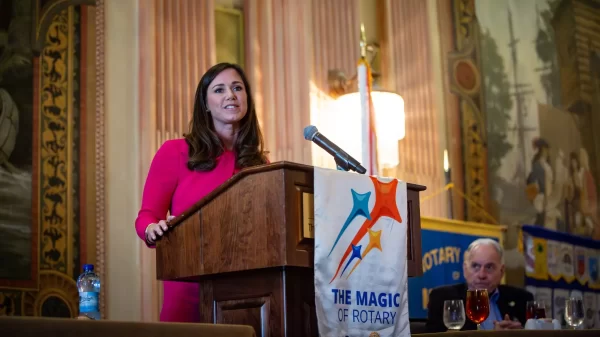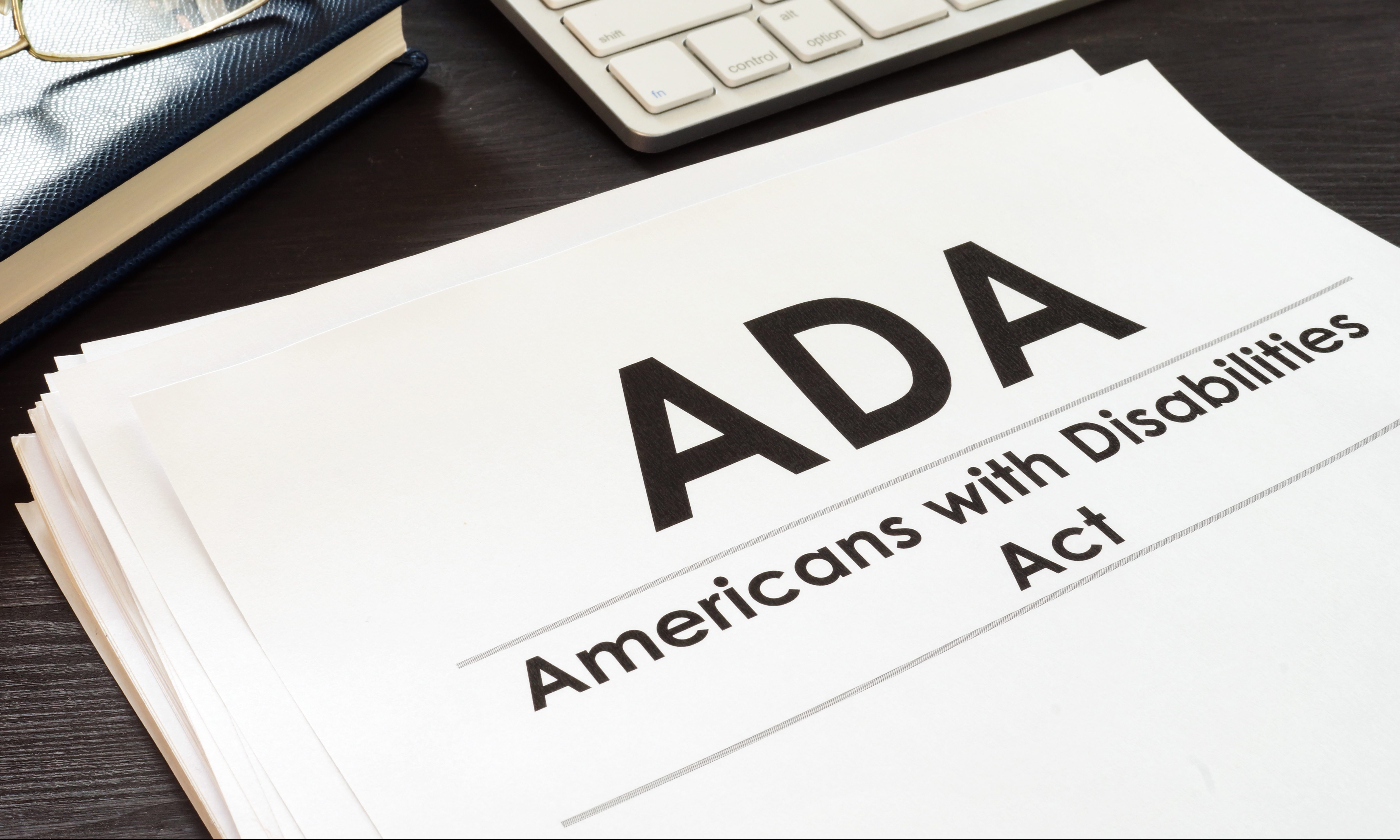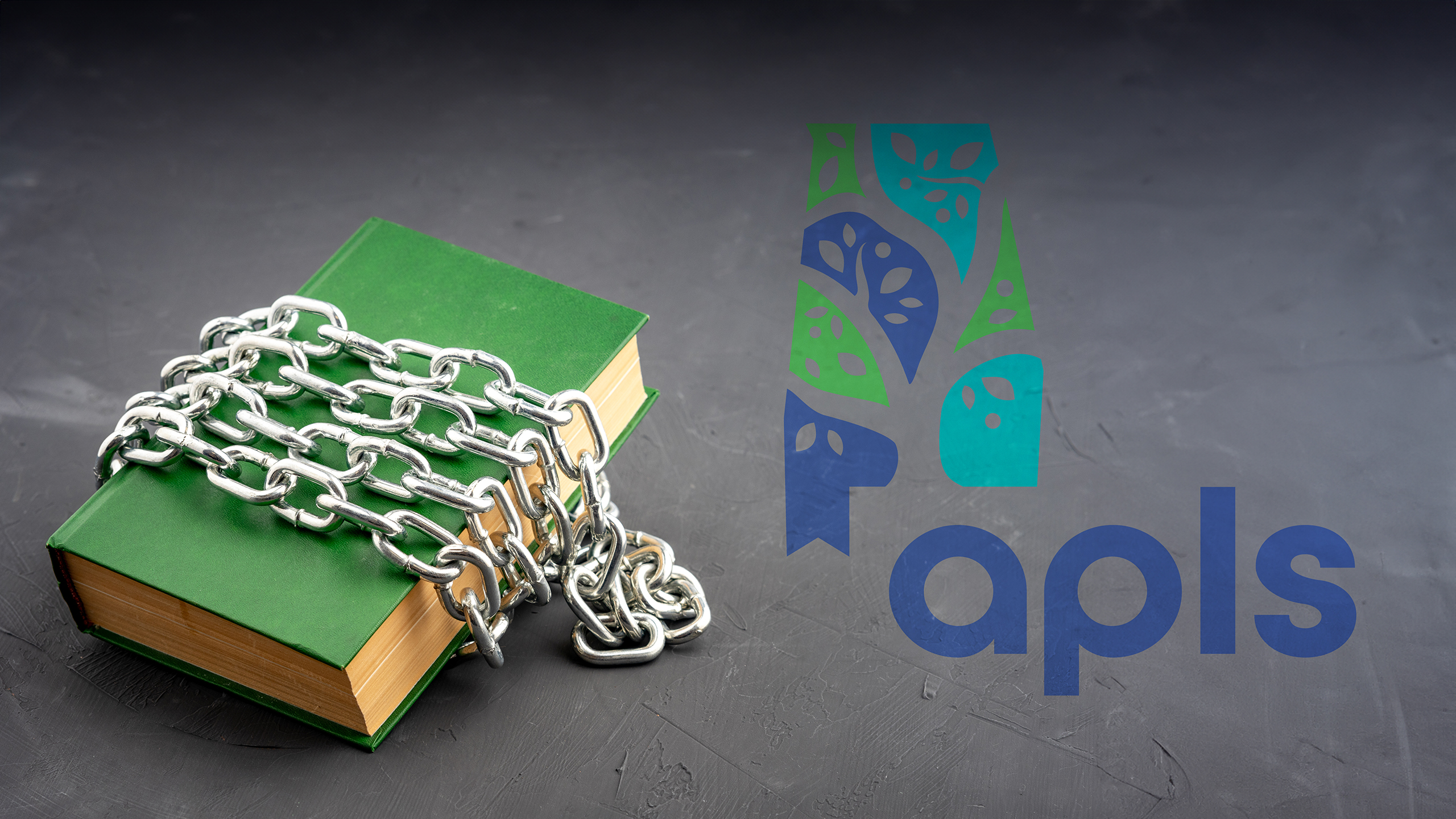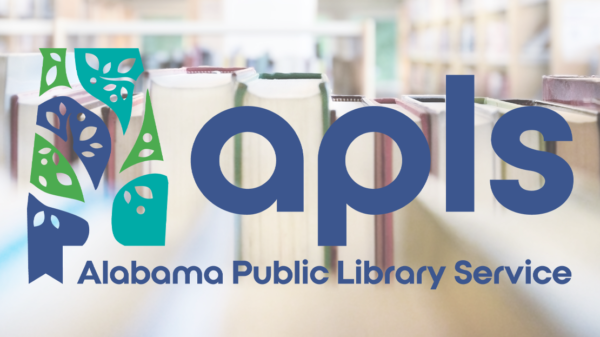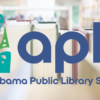|
Getting your Trinity Audio player ready...
|
Just 10 days ago, the Alabama Public Library Service launched a submission portal for a citizen-driven list flagging certain books as inappropriate.
And there has already been a drive by people on both sides of the issue calling on the state library service to release that list to the public.
Former state senator Bryan Taylor, who is running to be chief Justice of the Alabama Supreme Court, said he is taking on a case pro bono—asking the court to decide that the list is a matter of public record that must be released.
“I agreed to take this case because I believe in the rule of law and that the government must be accountable to the people,” Taylor said in a statement to APR Tuesday. “I support the effort of Gov. Kay Ivey and Alabama GOP Chairman John Wahl to protect our children and our schools from inappropriate content, specifically sexually explicit materials aimed at minors.”
The list does not concern school materials, only public libraries, and it also doesn’t specifically target sexually explicit materials aimed at minors.
The APLS is not making judgment decisions on whether the flagged content is inappropriate, or fully vetting the claims. It is merely aggregating concerns from Alabama citizens about library books, which is then shared with librarians as a resource to consider when managing collections.
The agency has said the list will not be published on its site for public viewing, as it is not intended for public consumption.
“There is nothing in Alabama that makes any list of books available in our taxpayer-funded libraries a ‘state secret,’” Taylor continued in his statement. “But the Alabama Public Library Service has stated on the record that they will guard the ‘challenged books’ list from public view. Therefore, I’ve been asked to help several Alabama citizens obtain a decision that the library agency’s list of “challenged books” is a public record under the Alabama Open Records Act which must be disclosed.”
Taylor did not further detail who the plaintiffs in the case would be.
Tim Lockette, an Alabama author, English professor and former journalist, comes at the issue from a different angle, but agrees that the list should be made public
“I don’t know what their logic is for seeking to make the list public—maybe they think that will shame the authors,” Lockette said. “All I know is that they are right that they have a right to that data.”
Lockette said he hasn’t been denied an opportunity to view the list at this point, but he also has not yet received a response from the agency to a letter he sent requesting access to the list.
He released that letter publicly, stating that due to Alabama’s lax open records laws, it is necessary to show his effort to obtain the list.
“In general, I dislike open letters. Often, they’re written to the ‘open’ audience and aren’t really an attempt to genuinely communicate with the addressee,” Lockette wrote in a blog post sharing his open letter. “I also dislike the idea of putting additional public pressure on the Alabama Public Library Service, a group of good people who do good things – people who, until this year, have seen little controversy.
“Even so, this is not my first time dealing with Alabama’s public records law. State law very clearly allows average people access to a broad array of public documents, but there’s no ombudsman or state-funded advocate to push for compliance with the law. Once your request is turned down, it’s your lawyers versus theirs. The APLS has already declared that they do not intend to release their list to the public, even though they haven’t cited any state law showing that they have the power to deny a request for the list. Sometimes a little public attention is helpful in making sure state agencies do what the law requires. In fact, it’s often the only readily available tool.”
Under Alabama’s Open Records Act, there is no need fro demonstrate a particular interest in the public document to have access to it, but Lockette said he does have an interest as a local author.
“I want to know just out of curiosity what’s on the list as a citizen,” Lockette said. “But I also want to know if I’m on this list—most of my book sales are to libraries. If a book gets good reviews, that can increase sales to libraries, especially for young adult and kids’ authors. That’s the main point of sale for a lot of writers. A list out there of books challenged as inappropriate could potentially hurt sales.”
Lockette said its unlikely his books would be on the list, since more popular books are typically the ones challenged, but he said the point stands that authors and the public at large should be able to know what’s being distributed to librarians as a “secret blacklist.”
“Above and beyond everything else, state law is very clear that people have the right to take and inspect any document created by the government unless specifically exempted,” Lockette said.
Just 10 days in to the submission portal opening, it is unclear without access to the list just how many books have been submitted, and how many have actually been added to the list.
Alabama Public Library Service Director Nancy Pack declined to comment for this story.
Although the agency is not thoroughly vetting the books, it is requiring legitimate Alabama addresses and book titles. Fictitious addresses or out-of-state addresses would invalidate a submission.











